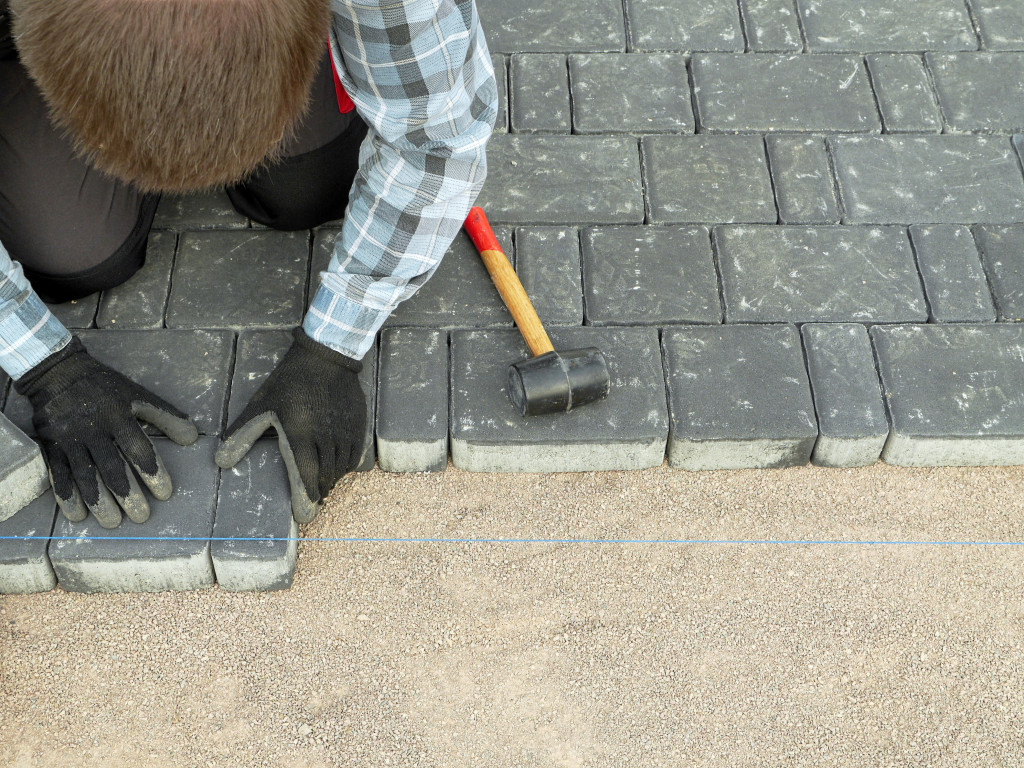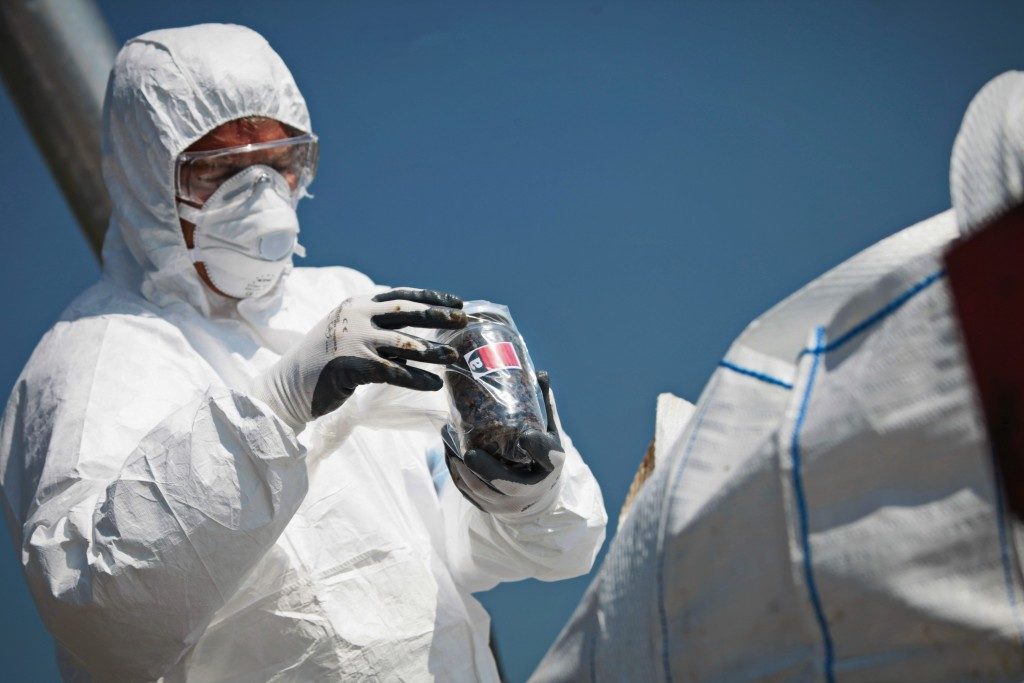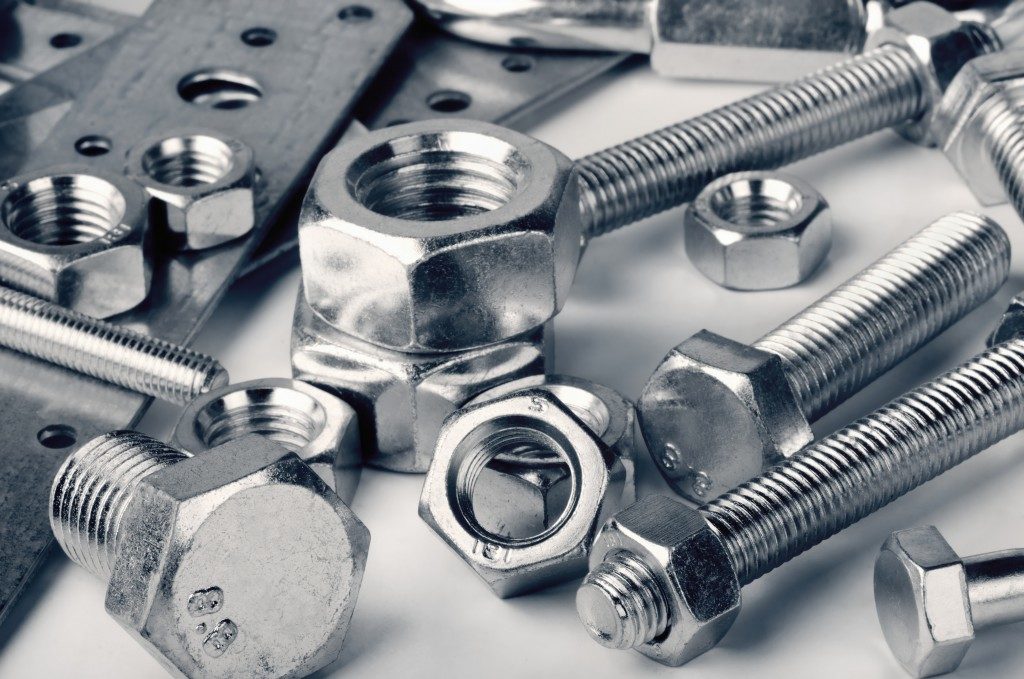Driveways don’t get that much notice even if you drive on them into and out of your home every day. But cracks or damage on them need immediate attention. One reason is that it can lower the curb appeal of your house. Damaged driveways are seen as a sign of major neglect and you don’t want to give that impression. Your car might end up damaged, too, if the driveway is not at its best.
Here is how you can ensure that your driveway is back in good condition:
Do A Check
Before anything, you should inspect your driveway. If possible, hire a contractor to do it with you. You’ll need to know whether you can do a simple repair or you have to tear up the entire driveway. The decision on which approach you will take depends on the cause of the damage.
For example, simple weather damage can be simple to fix. This is because the cause of the damage is external. This is the same for any cracks or breaks that are the result of an accident. The real challenge is if the damage is the result of faulty materials or improper construction. For cases like those, you will need to do a complete do-over or risk further repairs in the future. Listen to your contractor on their opinion about what to do.
Choose Among Your Options
The severity of the damage can also influence your decision on what to do. Your three choices are to either repair, resurface, or completely replace your driveway. Repair is the simplest. This is when you patch or fill small cracks and potholes. Depending on the material of your driveway, this can take a few hours. Resurfacing is more drastic. This is what you do for major cracks on concrete. You apply the patch and then resurface the area so that it looks like it is brand new. It does allow you to add some decorative flourishes if you want. Finally, a full replacement will need you to completely dismantle your old driveway and install a new one.
There is a special circumstance where no repairs are necessary but you’ll still need to do something. This is when it looks like your concrete driveway is sinking into the soil. This happens when the soil underneath is poor in quality. You don’t need to replace it but you’ll need to use a process of pumping a mixture of additives like sand and others to bulk up the supporting ground underneath. This is called slab jacking and is better than a complete replacement.

DIY or Contractors
The big question for you is whether to do the repairs on your own or to have a contractor do it. The great thing about driveway repairs is that it should be easy for you to do it. Get some concrete or asphalt and apply it. If you don’t know how to do it, there are usually internet tutorials available. Even resurfacing is within your reach. For example, you can easily buy the materials you need from reliable suppliers such as Floorex Products. They have a whole set of tools and materials that allow for simple resurfacing.
What you shouldn’t be doing on your own are slab jacking and full replacements. These require special equipment and expertise. You can do more damage if you attempt them on their own. Contact an experienced contractor and you should be able to get good results.
Use The Best Materials
While it is tempting to save some money on your materials, you should avoid doing so. You do not want to do repairs again, which is what will happen if you use substandard materials. Concrete is especially important. A good concrete mix gets stronger as it ages since it settles into its shape. Bad concrete will flake and break-up in just a few years so you shouldn’t skimp on it.
On the other hand, if you used asphalt for your driveway, you won’t be using asphalt for any repairs. You’ll be using patching compounds that fill up the cracks in the material. These will require specific temperatures to use so you will need to follow the instructions exactly or have expert help.
Driveways are what many people first see of your home. Ensure that you give them a good impression by keeping the driveway in good condition. Check on it regularly, especially after any severe weather conditions or when the seasons change. Extreme heat and cold can be bad for both asphalt and concrete so catching the damage early can allow you to fix it before it gets worse.


